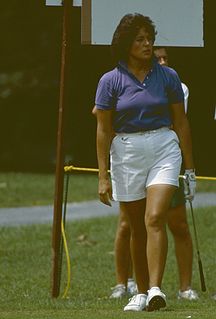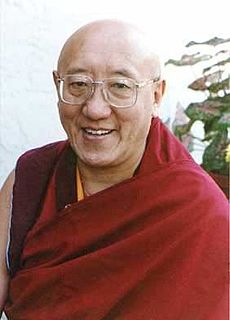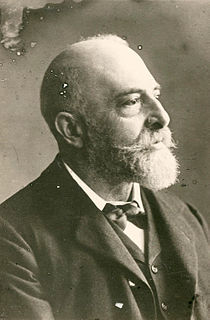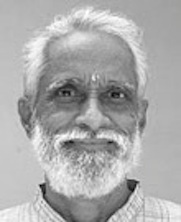A Quote by Nancy Lopez
Related Quotes
Those who are in love with practice without knowledge are like the sailor who gets into a ship without rudder or compass and who never can be certain whether he is going. Practice must always be founded on sound theory, and to this Perspective is the guide and the gateway; and without this nothing can be done well in the matter of drawing.
When we let our mind relax, a moment will come when we rest without thoughts. This stable state is like an ocean without waves. Within this stability a thought arises. This thought is like a wave which forms on the surface of the ocean. When we leave this thought alone, do nothing with it, not "seizing" it, it subsides by itself into the mind where it came from.
In the beginner's mind there is no thought, "I have attained something." All self-centered thoughts limit our vast mind. When we have no thought of achievement, no thought of self, we are true beginners. Then we can really learn something. The beginner's mind is the mind of compassion. When our mind is compassionate, it is boundless. Dogen-zenji, the founder of our school, always emphasized how important it is to resume our boundless original mind. Then we are always true to ourselves, in sympathy with all beings, and can actually practice.
Existence is only in the present. Mind is never in the present. In fact, the moment you are in the present, there is no mind in you, there is great silence. The whole sky of your inner being is without thoughts, without clouds. I call this the state of no-mind. Only in this state of no-mind do you meet existence. And that meeting is the ultimate ecstasy. Once you have tasted it, you will never bother about the future.
The average mind requires a change of environment before he can change his thought. He has to go somewhere or bring into his presence something that will suggest a new line of thinking and feeling. The master mind, however, can change his thought whenever he so desires. A change of scene is not necessary, because such a mind is not controlled from without. A change of scene will not produce a change of thought in the master mind unless he so elects.
I have so fixed the habit in my own mind that I never raise a glass of water to my lips without a moment's asking of God's blessing. I never seal a letter without putting a word of prayer under the seal. I never take a letter from the post without a brief sending of my thoughts heavenward. I never change classes in the section room without a minute's petition on the cadets who go out and those who come in.
The right kind of practice is not a matter of hours. Practice should represent the utmost concentration of brain. It is better to play with concentration for two hours than to practice eight without. I should say that four hours would be a good maximum practice time-I never ask more of my pupils-and that during each minute of the time the brain be as active as the fingers.
Genius is neither learned nor acquired. It is knowing without experience. It is risking without fear of failure. It is perception without touch. It is understanding without research. It is certainty without proof. It is ability without practice. It is invention without limitations. It is imagination without boundaries. It is creativity without constraints. It is...extraordinary intelligence!
If you understand real practice, then archery or other activities can be zen. If you don't understand how to practice archery in its true sense, then even though you practice very hard, what you acquire is just technique. It won't help you through and through. Perhaps you can hit the mark without trying, but without a bow and arrow you cannot do anything. If you understand the point of practice, then even without a bow and arrow the archery will help you. How you get that kind of power or ability is only through right practice.



































